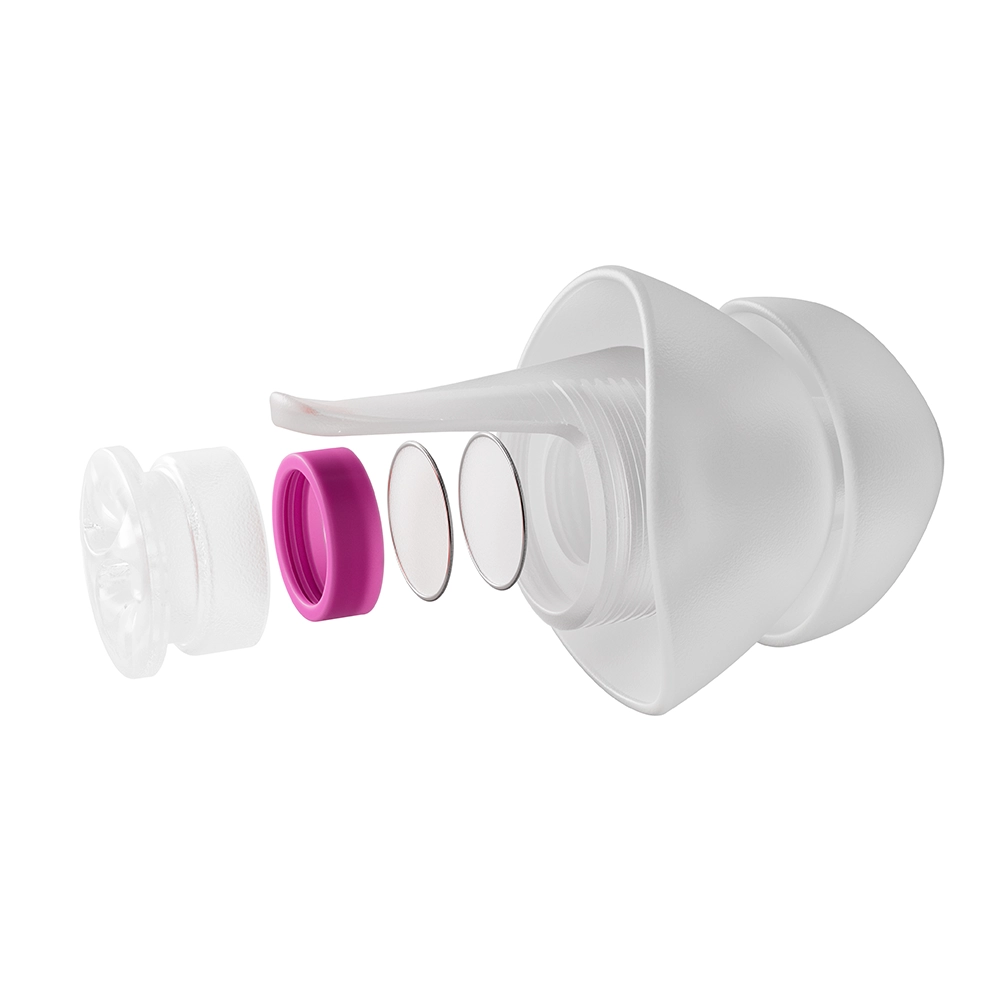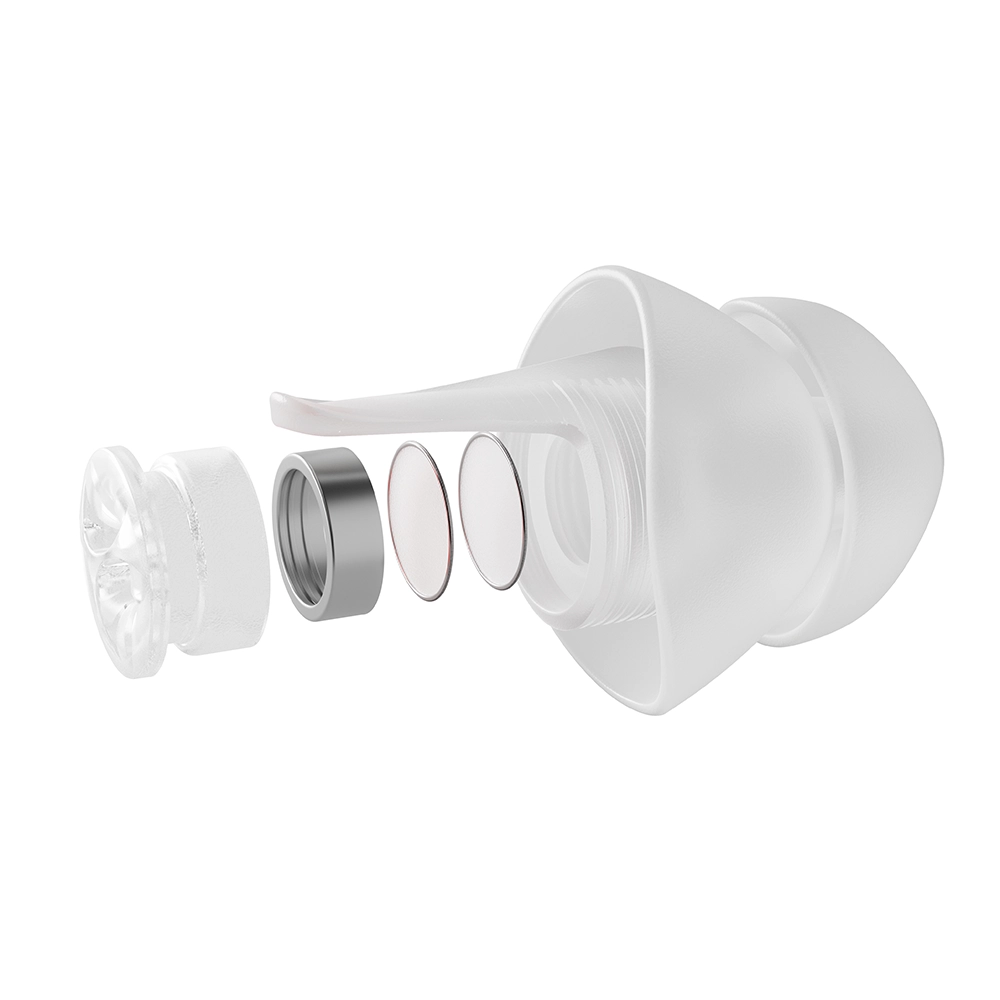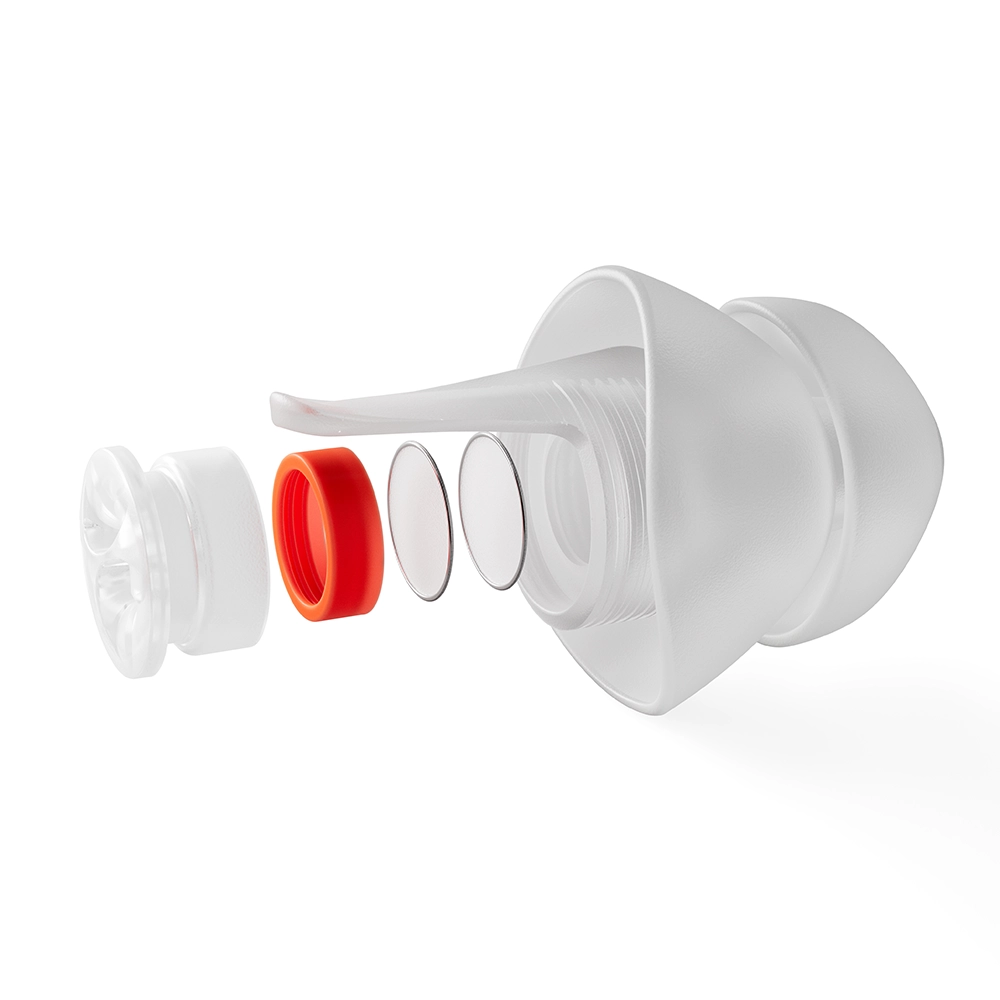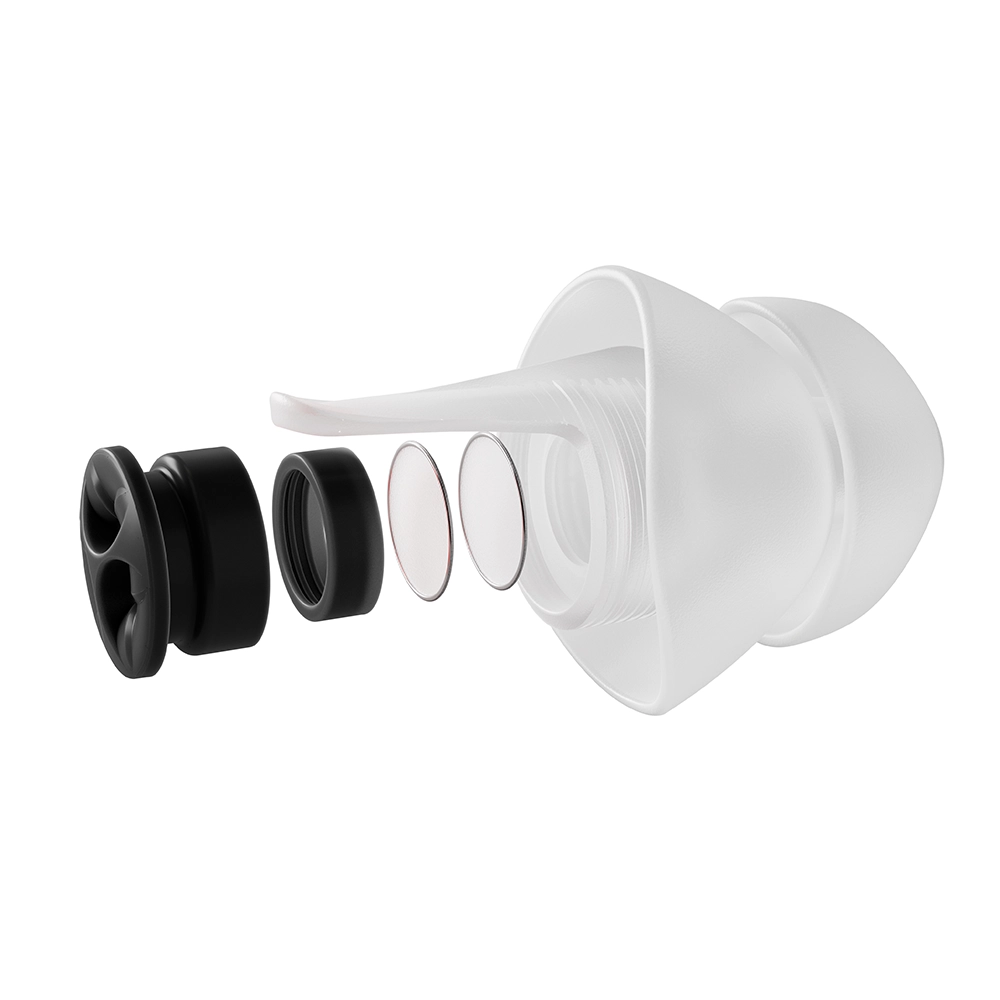



MUSIC PRO Filter Sets
Choose from 4 PRO Filter Reduction Options
Expanded options for a premium music experience.
Medium Protection (16dB) - Best for situations where hearing softer sounds is still important to the experience. Examples might include a jazz club or the movies.
High Protection (20dB) - The best all-around filter for music. Perfect for situations like a music festival where safety is critical but you are still communicating with others.
Max Protection (24dB) - Best for environments where you need extra protection. Examples include indoor concert venues or arenas where the sound can stay elevated in the 115dB range for extended periods of time.
Ultra-Max Protection (27dB) - Sound pressure doubles with every 3 decibels giving the Ultra-Max filter almost twice the attenuation power of Max. If you have sensitive hearing or hearing loss - this is the filter for you.
Please note: An aluminum case is NOT included.
Free Ground Shipping
What's Included
Care & Use Instructions
Wipe the earplugs off with a damp cloth each time you wear them. If they become particularly dirty you can wash them in warm soapy water, however remove the attenuation filter before submerging the earplug in water. Reinsert the filter only after the earplug has dried completely.
View our instructional video on how to properly insert EARPEACE.
Note: Earplugs should be replaced at any sign of wear and tear.
Pairs well with

MUSIC PRO Filter Sets